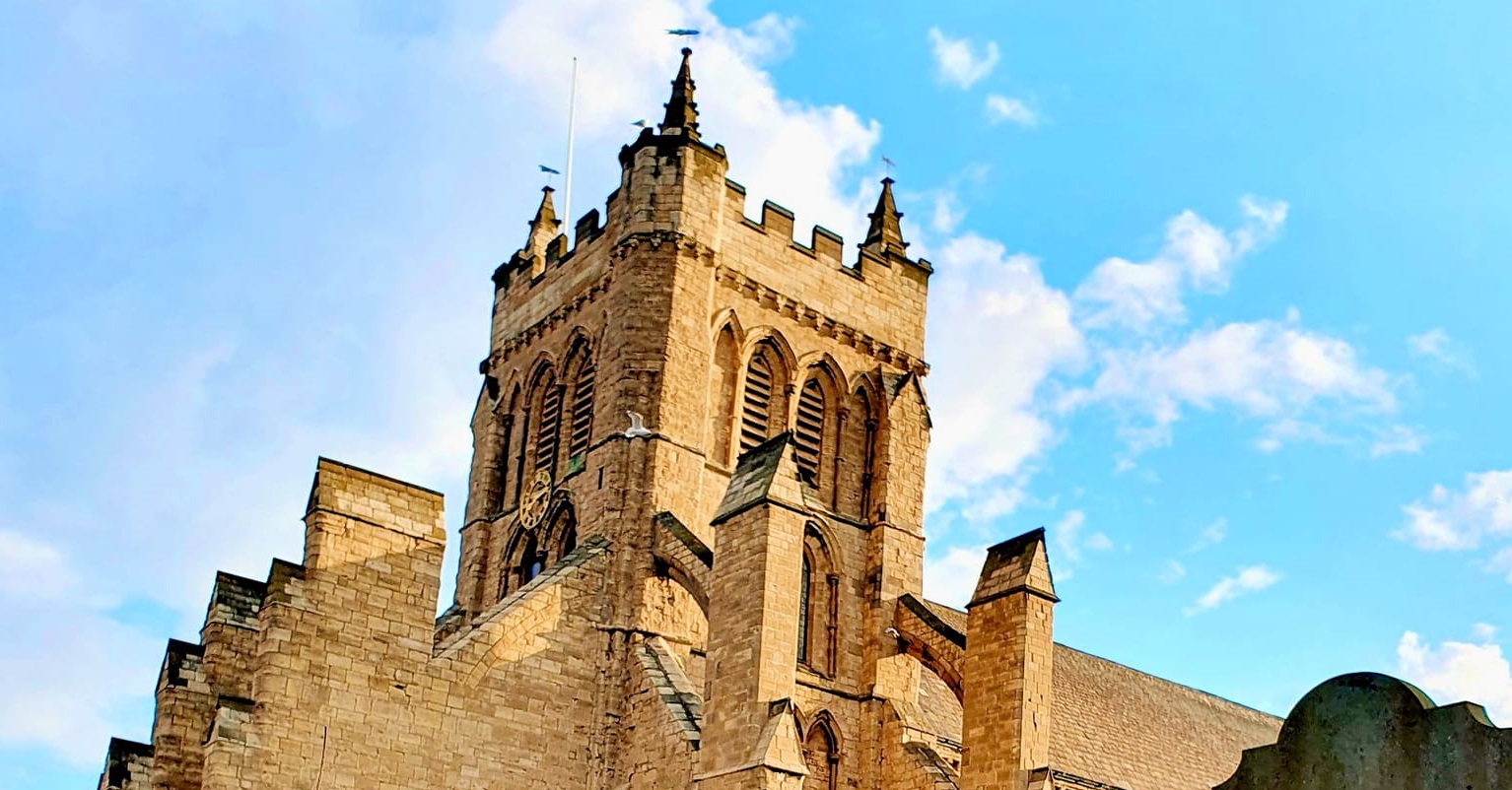
A 12th century church is preparing a second bid for Lottery funding to boost an ambitious project focused on sharing its rich history with the wider community.
Back in August, St Hilda’s Church in Hartlepool was awarded almost £70,000 of development funding from The National Lottery Heritage Fund.
It has enabled the church to put on a series of events and activities, which will run until January 2024, focusing on exploring St Hilda’s past as well as that of the town and wider region, working alongside project partners, DigVentures of Barnard Castle.
The development funding will also help St Hilda’s to prepare a second bid – this time for a full National Lottery Grant – worth £570,000.
The Revd Roz Hall, priest-in-charge of St Hilda’s said: “We’re delighted that we’ve received this support thanks to National Lottery players. The development programme this grant will fund will help us to look towards the next step in building on the legacy of St Hilda and sharing our wonderful heritage for many generations to come.”
Named The Heart of the Headland project after St Hilda’s prominent location on Hartlepool’s Headland, there are various aspects to the exciting plans.
These include maintenance and improvements to the building, with an enhanced entrance and the creation of a new meeting room, which would be made available for the community. This would make good use of open space within St Hilda’s, while ensuring only a dedicated area would need to be heated while the room is in use.
There are also plans to redevelop St Hilda’s digital output with a new website, a new logo for the project, and the introduction of accessible interpretation materials inside the church. This would involve volunteers who would be trained to help expand the offer to locals and visitors alike.
St Hilda’s is expected to submit the next stage of its funding bid early in 2024, with a decision expected by mid to later summer.
The church is one of only two Grade I listed buildings in Hartlepool and has stood on the Headland, on the site of the former monastery where Hilda was abbess in the seventh century, since the late 12th century.
As well as being a vibrant and living church, it is an impressive architectural structure, and a place of great importance in the development of the Christian faith in the region and Christian heritage in the North East. The church is currently open for visitors on Wednesday, Saturday and Sunday afternoons.
St Hilda was sent to Hartlepool by St Aidan (then the Bishop of Lindisfarne) around 648 to take charge of the double monastery of monks and nuns, and later moved to Whitby as the first abbess there, going on to host the famous and pivotal synod of Whitby in 664.
